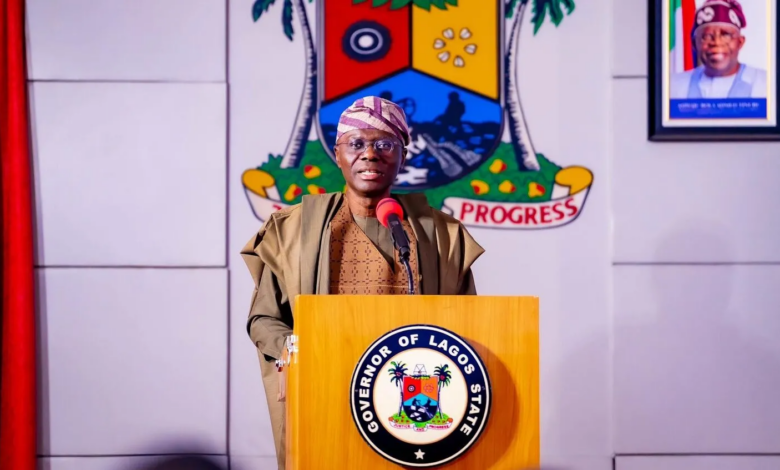By Seth Onyango
Lagos is gearing up to revamp its land registry using blockchain, a technology renowned for its ironclad security and transparency—a trend seen across Africa.
The digital ledger, which underpins cryptocurrencies like Bitcoin, could soon become the backbone of land ownership in Africa’s largest city, ensuring every transaction is tamper-proof and fully traceable.
A consortium of local technology firms, partnering with the Lagos State government, is driving the ambitious upgrade, which will roll out in phases over the next 18 months.
Central to the upgrade is the tokenisation of real estate properties, which will convert physical assets into digital representations on the blockchain.
Innovation Village reported that these “digital twins” will store key information such as ownership details, title deeds, and a complete transaction history.
The adoption of blockchain technology is expected to address deep-rooted issues in Lagos’s current land registry system, which has long been plagued by corruption, inefficiency, and opacity.
With blockchain, the government seeks to provide a secure, transparent platform where land transactions are permanently recorded and cannot be altered.
Lagos’s adoption of blockchain could significantly streamline land transactions, reducing the time and costs associated with verifying titles and completing deals.
This efficiency is expected to boost the property market, attracting both local and international investors who have been wary of fraud.
A secure, transparent system of land ownership could unlock substantial economic potential, particularly in unregistered or disputed properties.
This move by Lagos is part of a broader trend across Africa, where countries grappling with similar challenges in land administration are moving to electronic title deed systems.
For instance, in Kenya, the Lands Ministry began digitising records in 2018, initially sparking enthusiasm.
However, progress has been slower than expected, with only about a third of Nairobi’s property records digitised so far. Despite this, momentum is building, with more counties, including Isiolo, adopting the system.
Ghana, too, has been working on digitising land records to improve transparency. The West African country’s pilot blockchain land registry, initiated in 2017, remains in the experimental phase but reflects a broader trend across the continent towards leveraging technology for better land management.
Rwanda stands out, having titled all land parcels between 2011 and 2013, with 86% of titles including women.
By 2023, the small East African state had completed the digitisation of its national cadastre and registry, making it the only African country to achieve this milestone.
South Africa has explored blockchain for land registration but faces complex challenges due to historical land ownership issues.
bird story agency
Lagos plans to overhaul its land registry using blockchain technology, which is known for its security and transparency. This initiative is expected to enhance land ownership verification by making transactions tamper-proof and fully traceable.
A consortium of local technology firms, in cooperation with the Lagos State government, will implement the upgrade in phases over the next 18 months, focusing on the tokenization of real estate properties to create digital twins with detailed ownership records and transaction history. This effort aims to address issues of corruption, inefficiency, and opacity in the current system, thereby streamlining land transactions, reducing costs, and attracting investors.
This movement aligns with a broader trend in Africa where countries like Kenya, Ghana, and Rwanda are also adopting electronic land registration systems to improve transparency and efficiency. Rwanda, in particular, has successfully digitized its national cadastre and registry, setting a benchmark for other countries.






